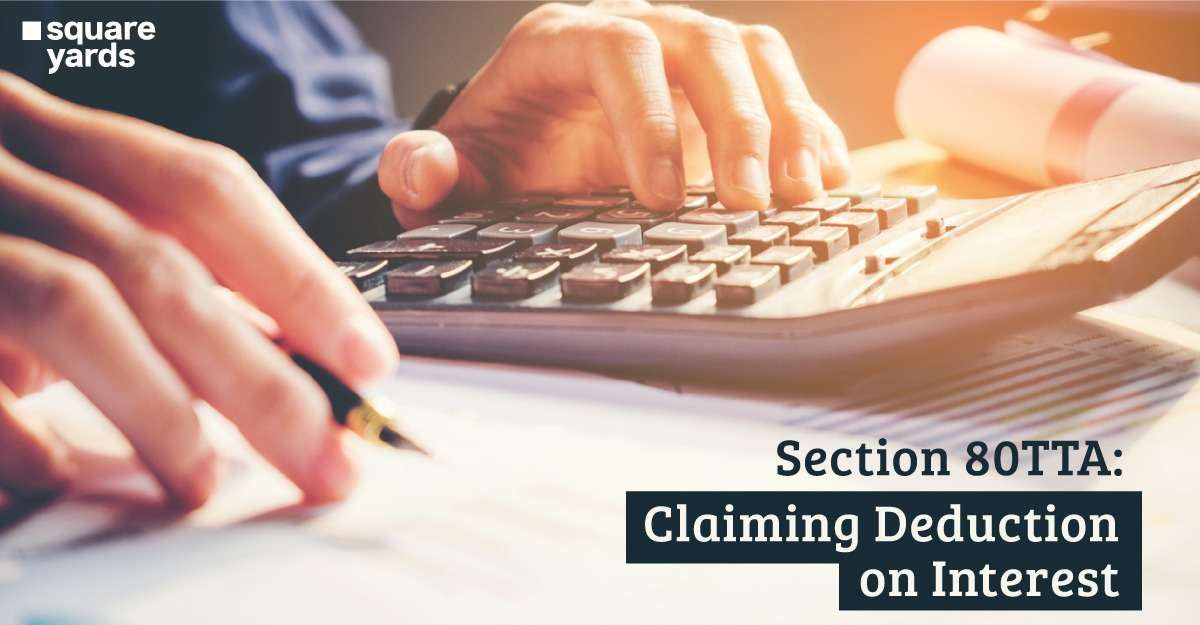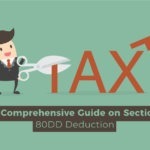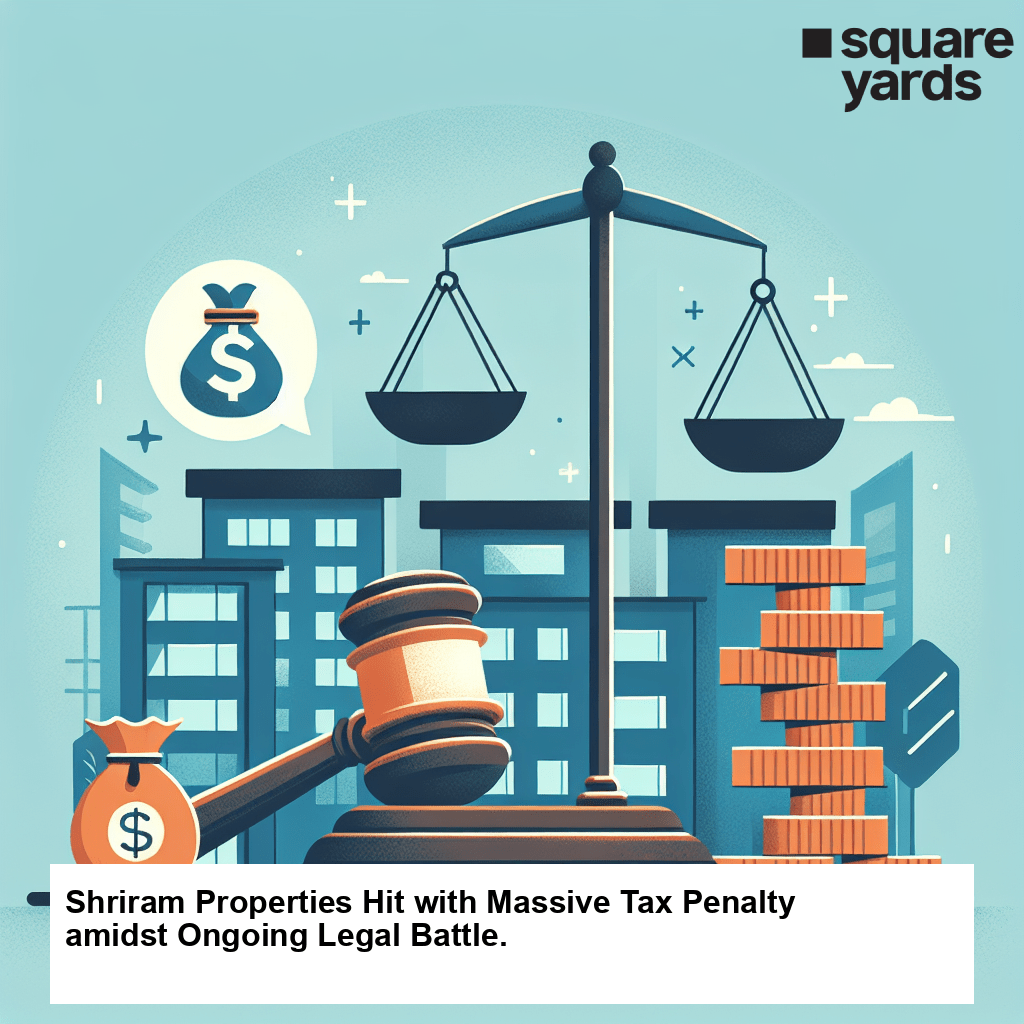A Savings Account is just like a digital piggy bank on which individuals can earn half-yearly, quarterly or monthly interest. Taxpayers earning income from interest are often unaware of the tax deductions available to them. Interest earned on a savings account is taxable under the ‘Income from OtherSources’ head, but fortunately, deduction of interest is also allowed under Section 80TTA. Section 80TTA of the Income Tax Act, 1961, offers a tax deduction of up to Rs 10,000 on interest income earned from the savings account.
This article will provide a comprehensive guide on claiming an 80TTA deduction on interest income. We will cover topics such as eligibility, the maximum amount of deduction available, the process of claiming the deduction, and more. So read on to know more about claiming a deduction on interest income under Section 80TTA.
Table of contents
- What is Section 80TTA?
- Eligibility to Claim Tax Deduction Under Section 80TTA
- Interest Incomes Approved As Deduction Under Section 80TTA
- Interest Income Not Approved As Deduction Under Section 80TTA
- Maximum Deduction Permitted Under Section 80TTA
- Steps To Calculate Deduction Under Section 80TTA
- Conclusion
- Frequently Asked Questions (FAQ’s)
What is Section 80TTA?
Section 80TTA was introduced in 2013’s Finance Bill, and the same became applicable from the financial year 2012-13 onwards. This section of the Income Tax Act 1961 provides a deduction to individuals and Hindu Undivided Family (HUF) of up to Rs. 10,000 on the interest income earned from their savings bank accounts. This deduction can be claimed by an individual taxpayer who is a resident of India, and the amount of interest should be earned from a savings bank account maintained in any bank or post office.
However, please note that the 80TTA deduction is not effective on interest income from time deposits or fixed deposit accounts. Also, Section 80TTA is allowed for all HUFs and individuals, barring senior citizens who are 60+. Super senior citizens, too, are excluded because they are eligible for a separate Section 80TTB deduction.
Eligibility to Claim Tax Deduction Under Section 80TTA
To be eligible to claim a tax deduction under Section 80TTA of the Income Tax Act, 1961, the following conditions must be met:
- The individual must be an Indian resident.
- The individual must be an NRI with a Non-Resident Ordinary Account (NRO) savings account.
- The person must be below 60 years of age.
- A group of individuals under HUF are eligible to apply.
- The individual must have a savings account with any bank or a post office.
- The total deduction claimed under Section 80TTA of the Income Tax Act, 1961, must not exceed Rs. 10,000. Any interest amount of more than Rs. 10,000 will be taxable.
- The individual must not have any other income from interest on deposits other than the income from the savings account.
NOTE: 80TTA deduction applies only to those individuals whose gross income is above the taxable slab. For instance, if a person’s income is Rs. 200000 and income from interest is Rs. 50000 in a fiscal year, the person will not be eligible to apply for deduction under Section 80TTA as his total income is below the taxable slab.
Interest Incomes Approved As Deduction Under Section 80TTA
Under Section 80TTA of the Income Tax Act, 1961, interest earned on the following is allowed as a deduction:
- Income from savings with banks.
- Income from savings with co-operative societies.
- Income from savings with the post office.
This deduction is available to an individual taxpayer and is limited to a maximum of Rs. 10,000 per financial year.
Interest Income Not Approved As Deduction Under Section 80TTA
The interest incomes that are not allowed as a deduction under Section 80TTA of the Income Tax Act, 1961 involve the following:
- Interest earned from Fixed Deposits
- Interest earned from Recurring Deposits
- Interest earned from Time Deposits
- Savings with non-banking finance companies.
- Interest earned from Bonds and Debentures
- Interest earned from National Savings Certificates (NSC)
- Interest earned on Fixed Deposits in Post Office
- Interest earned on deposits with banks in foreign countries
Based on interest, income allowed, and not approved as a deduction under Section 80TTA, we have included an example below to help you better understand the 80TTA deduction.
Example: Mr. Arun Kumar is a resident of India and has earned the following interest income during the FY 2021-22:
- Interest earned from Axis Bank Savings Account: Rs. 26,000
- Interest earned from Post Office Fixed Deposit Account: Rs. 34,000
- Interest earned on Debentures: Rs. 2000
So, as per the rule, Mr. Arun Kumar can only claim a deduction on the interest earned from his Axis Bank Savings Account.
| Particulars | Amount |
| Axis Bank Savings Interest | 26,000 |
| Total Interest Income Exemption | 10,000 |
| Interest Income taxable | 16,000 |
| Post Office Interest | 34,000 |
| Debenture Interest | 2,500 |
| Total Taxable Interest | 52,500 |
Maximum Deduction Permitted Under Section 80TTA
The maximum permissible deduction limit under Section 80TTA is Rs. 10,000. If your earnings from savings account interest are under Rs. 10,000, the total interest income will be counted as a deduction. On the other hand, if the interest income from a savings account is more than Rs.10,000, then, in that case, your deduction will just be restricted to Rs. 10,000. Also, make sure you take into consideration your total interest income from the savings account of all banks, post offices and cooperative societies.
Steps To Calculate Deduction Under Section 80TTA
The steps to calculate the 80TTA deduction and final tax liability is as follows:
Step 1: Identify the interest income earned from savings accounts in the financial year. This amount will be the base for calculating deduction under section 80TTA.
Step 2: Now, calculate the total taxable income for the financial year. This is the total income from all sources minus any deductions allowed under the Income Tax Act 1961.
Step 3: Calculate the deduction under section 80TTA. This deduction is equal to the lower of:
1.) Interest income earned from a savings account in the financial year
2.) Rs. 10,000
Step 4: Deduct the amount calculated in Step 3 from the taxable income calculated in Step 2. This is the amount of taxable income after deduction under section 80TTA.
Step 5: Calculate the tax liability on the amount of taxable income after deduction under section 80TTA. This will be the final tax liability for the financial year.
That’s all! In just five easy steps, you can calculate the tax liability for any financial year after claiming Section 80TTA deductions.
Conclusion
Section 80TTA of the Income Tax Act is a great way for taxpayers to save on their income tax. It allows you to save up to 10,000 rupees on the interest earned on your savings accounts. The deduction can be claimed only on the interest earned on the savings account, not the principal amount. Moreover, this tax benefit is a great way to reduce the tax you have to pay and helps you save some money.
Frequently Asked Questions (FAQ’s)
What is the 80TTA Limit?
The 80TTA limit is the maximum amount of tax-free interest an individual can earn from bank deposits, post office deposits, and certain other sources in one financial year. The current limit is Rs 10,000.
Is 80TTA applicable on FD interest?
No, 80TTA is not applicable on FD interest. 80TTA is applicable only on the interest income from savings bank accounts.
How much tax will the 80TTA deduction save?
The amount of tax savings associated with an 80TTA deduction depends on the taxpayer’s marginal tax rate. In case your total income falls under the 20% tax slab, the maximum tax amount that can be saved is Rs. 2,000 against the deduction of ₹10,000 under 80TTA. Similarly, if you fall under the 30% tax slab, the maximum amount that can be saved is Rs. 3,000.
Can NRIs claim an 80TTA deduction?
Yes, NRIs can claim for 80TTA deduction, but the benefit is available only on the NRO savings accounts.
Is it necessary to mention interest from the savings account balance to get benefits under section 80TTA?
Yes, mentioning all sources of income coming from savings interest is mandatory.





























































